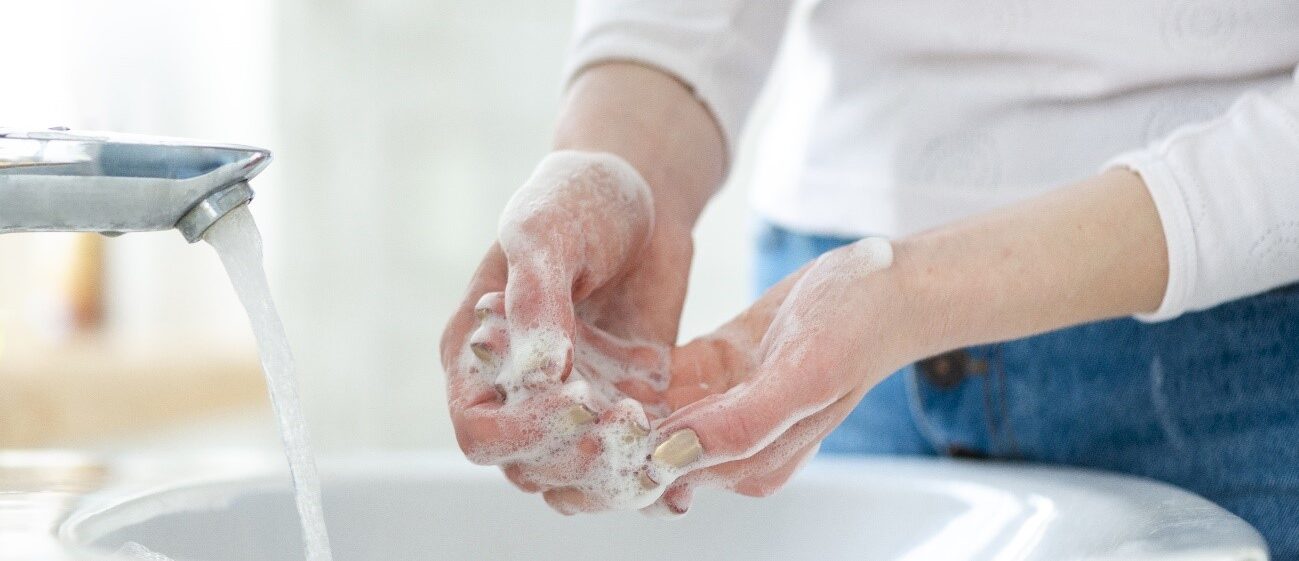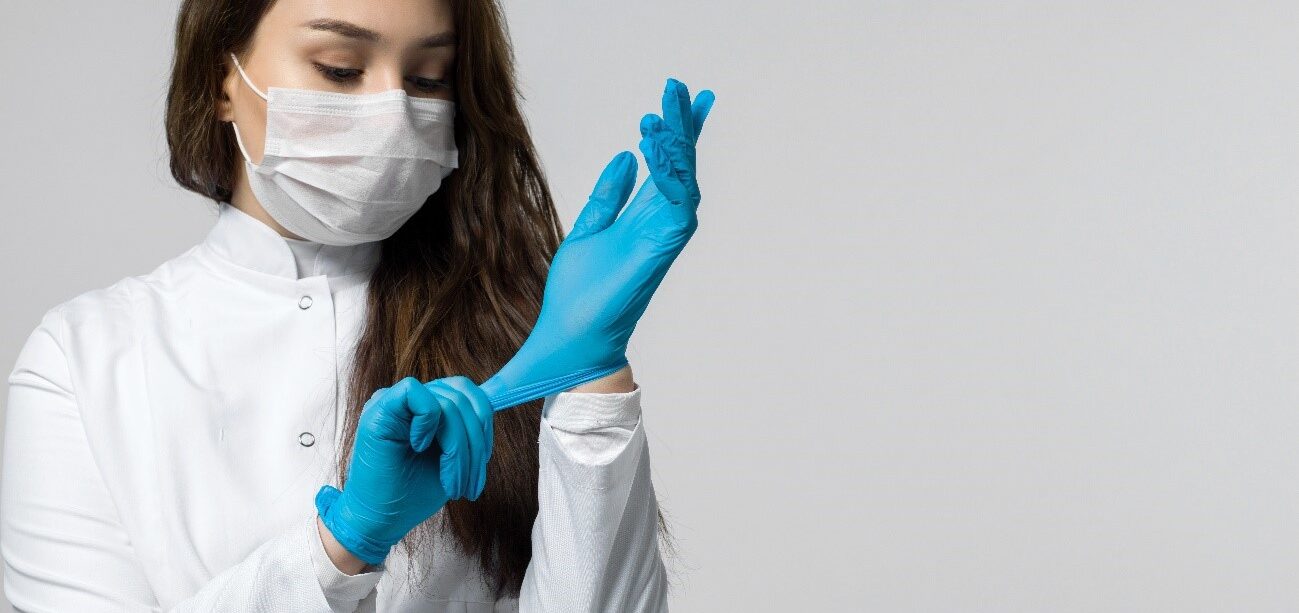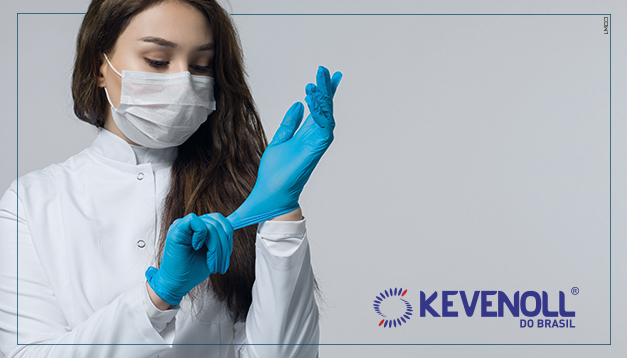With the pandemic of the new coranavirus (Covid -19), many habits that were common were left behind. And that should stay that way for a long time. Even with the decrease in cases and a possible discovery and availability of the vaccine, experts assess that new habits of hygiene and social distancing should become permanent.
It’s not the first time in history that something similar has happened. In the early 1980s, before the AIDS pandemic, for example, blood collection was quite uncomplicated in hospitals, as well as condom-free sexual relations, the work of investigators at crime scenes, and even the work of manicures and other professionals who eventually have contact with blood and other body fluids.
After the AIDS pandemic, care to prevent contamination with this deadly disease has normalized, and today it is unthinkable for a professional to do a blood collection without the use of procedure gloves.
And the same is predicted for the post-Covid-19 world. The “New Normal”, already much commented in the areas of technology and economics, will mainly affect the health area, which will need to adapt to new forms of care and new safety and hygiene protocols in order to keep the spread of the new coronavirus under control.What measures should remain in the New Normal?
- Relative isolation: Even with the end of quarantine, social isolation must remain relatively. People are expected to continue to maintain some distance in public places such as supermarkets, pharmacies, restaurants and commercial establishments in general.
- Wearing masks and gloves: Experts predict mandatory wearing of a mask at least until December 2020 in public places. But it is believed that the item should remain until long after that for store employees, attendants, waiters and other professionals. Disposable gloves should also remain, non-compulsorily and observing the recommended care to avoid taking contaminant microorganisms from one place to another. Gloves can be used while using buses, elevators, and inside some commercial establishments.

Proper hand hygiene should make, more than ever, part of our routine. It's the best way to avoid self-contamination.
- Constant hygiene of hands and personal objects: Alcohol gel will become a constant companion of all people. Even after the pandemic, touching something in the street and not sanitizing your hands with alcohol or washing them with soap right away will be something unthinkable. The same goes for the hygiene of mobile phones, keys, wallets, glasses, and other personal objects.
And in clinics and hospitals, what changes?
Clinics and hospitals have already followed strict protocols of cleaning and hygiene of professionals. Still, they will not be exempt from changes in daily care.
Care for safety rules should be redoubled. Use of masks inside the clinics, hand hygiene when entering and leaving the environments, avoid touching the door knobs with unprotected hands, availability of alcohol gel for patients, are some of the new rules that should become routine, in addition to:
- Guide your patient in the process of hand hygiene and wearing masks;
- Limit the number of people in spaces as waiting rooms, and enable social distancing in the arrangement of seats;
- Make use of the technologies available for payments, appointment schedules, and online pre-queries.

How's your inventory of procedure gloves? Stay alert! Faced with the Covid-19 pandemic you can offer risks to your patients!
Take care of your stock! Now, more than ever, taking care of the stock of hospital materials as the procedure gloves is essential to ensure your safety and that of your patient.
Whether in a large hospital, or in a small clinic, the organization of the stock is critical for all activities to be managed in the best way, and after the Covid-19 pandemic avoiding problems with the lack of essential products is vital. Project your demand, organize inventory, and especially choose your suppliers well.
When choosing your supplier, the main item to take into consideration is whether it is responsible with the deadlines, documentation and quality of the products you are purchasing.
Also remember that the origin of latex gloves can directly interfere with their quality. Small defects almost imperceptible to human eyes can pave the way for several types of harmful microorganisms, including the new coronavirus.
Kevenoll do Brasil Produtos Médicos Hospitalares has the certifications required by law, both for the headquarters and for its subsidiary, both headquartered in the city of Itajaí/SC, for the Import and Distribution of Health Products. Our partners and distributors go through a qualification process and need to meet technical and administrative requirements.

